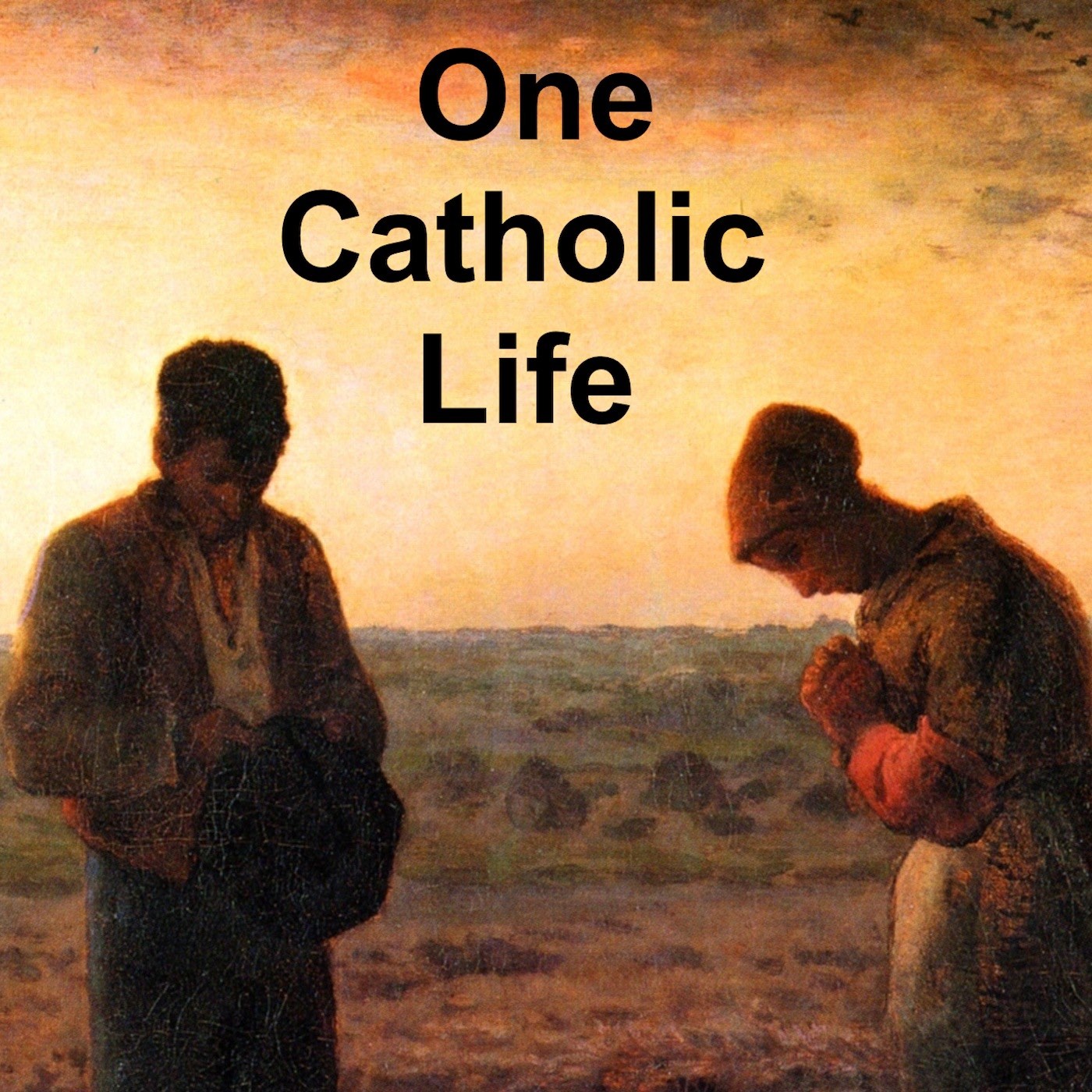Peace Be With You – Homily from the Sixth Sunday of Easter
Description
Suppose we had a time machine
and we traveled back in time
to talk to Simon Peter before he met Jesus.
And what if we asked him,
“What would a peaceful life look like to you?”
I wonder what he might say.
Maybe he’d say,
“Well, a peaceful life would be one
where my fishing business would continue to thrive.
I would catch lots of fish each day, sell them all,
and support my family comfortably.
My wife and I would live in harmony
and raise our children to be good people
and to marry good people,
and give us lots of grandchildren,
who would go home with their parents at the end of the day.
That would be a peaceful life.
And then, after building the fishing business into a successful organization,
retire, and hand that business over to my sons,
and after watching the grandkids grow up to have families of their own,
pass away quietly, surrounded by my loving family.
That’s what I call peace,” he might say.
But then if we traveled into Simon Peter’s future
and looked at the life of St. Peter after he met Jesus
we would see that his life didn’t turn out that peaceful at all.
We might step out of our time machine at the council of Jerusalem,
which we read about in the Acts of the Apostles today.
We would witness dissension among the disciples,
arguing, and debating.
And there would be Peter in the center of it all, trying to be a leader.
Trying to be be the rock that Jesus named him.
And if we got back into our time machine
we could follow Peter’s life and see him arrested,
imprisoned,
killed.
So Peter did not get a peaceful life.
And yet, in the gospel today we hear Jesus tell his disciples,
“Peace I leave with you, my peace I give to you.”
What happened to Jesus’ promise of peace?
Did Jesus fail to carry through on his promise
to Peter and the other disciples?
Because Peter’s experience was not unique.
All of the disciples spent the rest of their lives
getting arrested, being accused of blasphemy
for trying to spread the gospel,
living lives that were anything but peaceful.
Being a disciple of Jesus had turned their lives upside down.
And if we got back in our time machine
and traveled all the years that have gone by
since Christ’s death and resurrection,
we would see countless generations of saints and martyrs
whose lives were far from peaceful.
Where is this peace that Jesus promised to give to his disciples?
This is an important question;
because if Jesus promised peace to his disciples,
he’s also promised it to us.
But our lives often don’t seem very peaceful.
Bullying on the playground,
sudden catastrophic illness,
corruption in business and government,
religious freedom threatened both here and in other countries,
terrorism and war.
Even in the church there are disagreements,
just as there were in Jerusalem all those years ago.
Where is the peace we have been promised?
Answering that question begins by looking first at the word itself, peace.
In Hebrew, the word is shalom, and it has great depth of meaning.
Shalom, or peace, is one of those words like love
that’s used in many different ways.
Sometimes we use peace to describe a situation
in which countries are not at war.
If countries aren’t engaged in battle, then we say they’re at peace.
More Episodes
We are given very powerful readings today,
powerful individually and powerful collectively.
And at the heart of them all is a line by St. Paul
in his letter to the Romans:
“…be transformed by the renewal of your mind,
that you may discern what is the will of God,
what is good and pleasing...
Published 09/04/23
Published 09/04/23
It’s a sad fact of history
that the largest religious community
that ever lived together in the same place
in the history of the Catholic Church
was at the Dachau concentration camp in Germany during World War II.
Over 2,500 Catholic priests became prisoners in Dachau,
in Cellblock 26,...
Published 02/13/23


